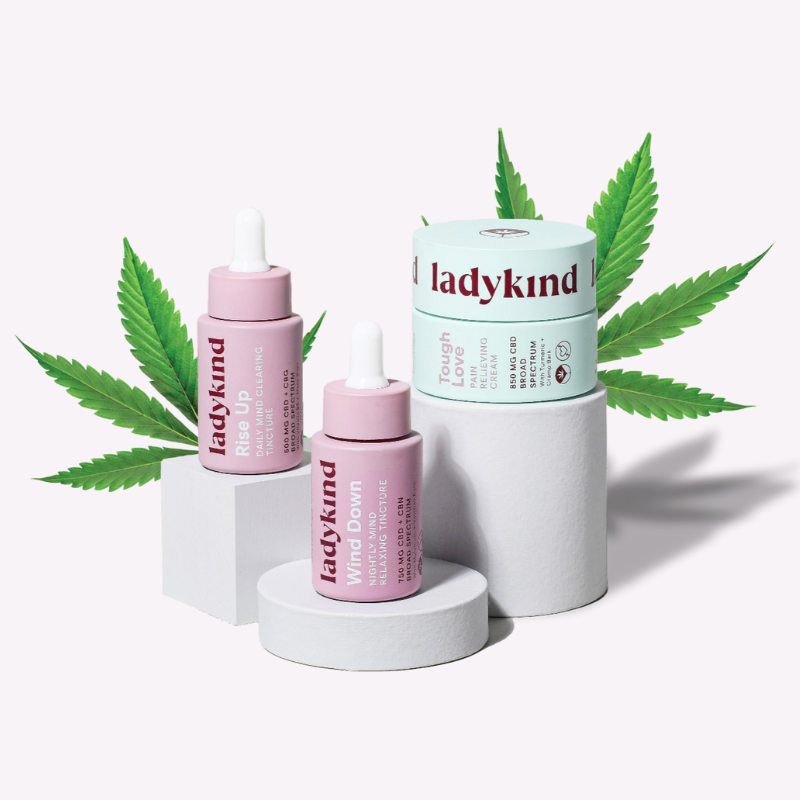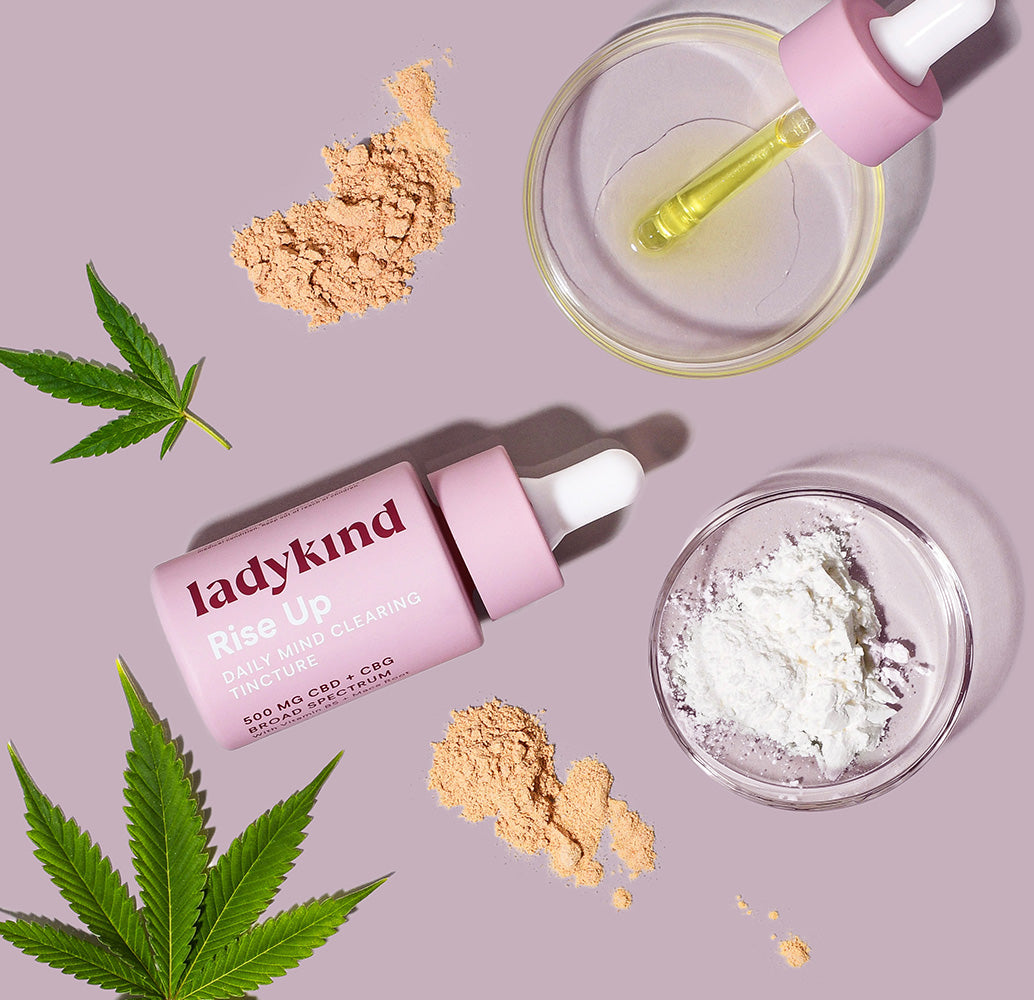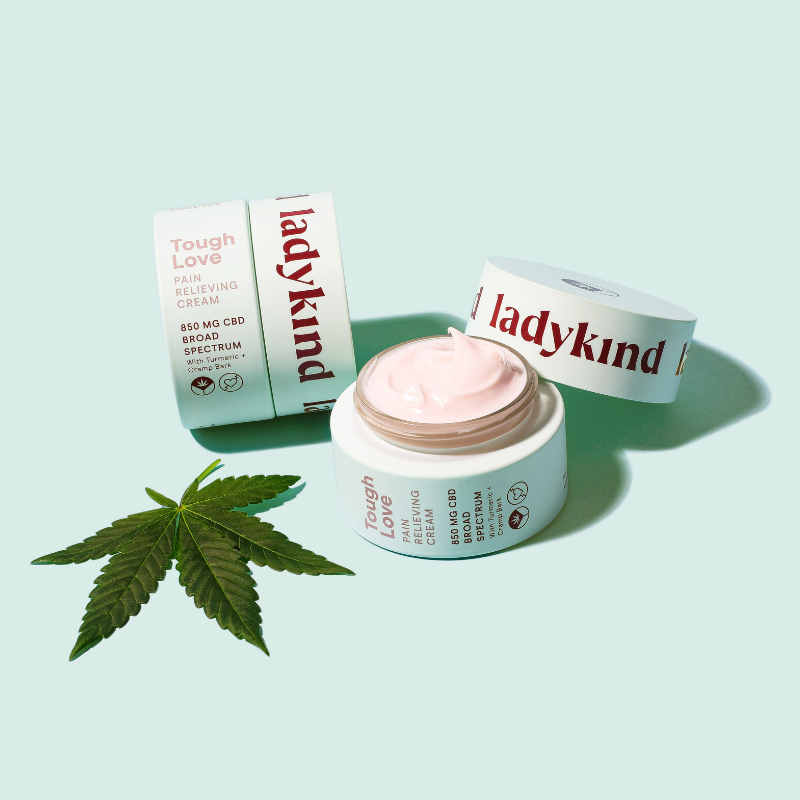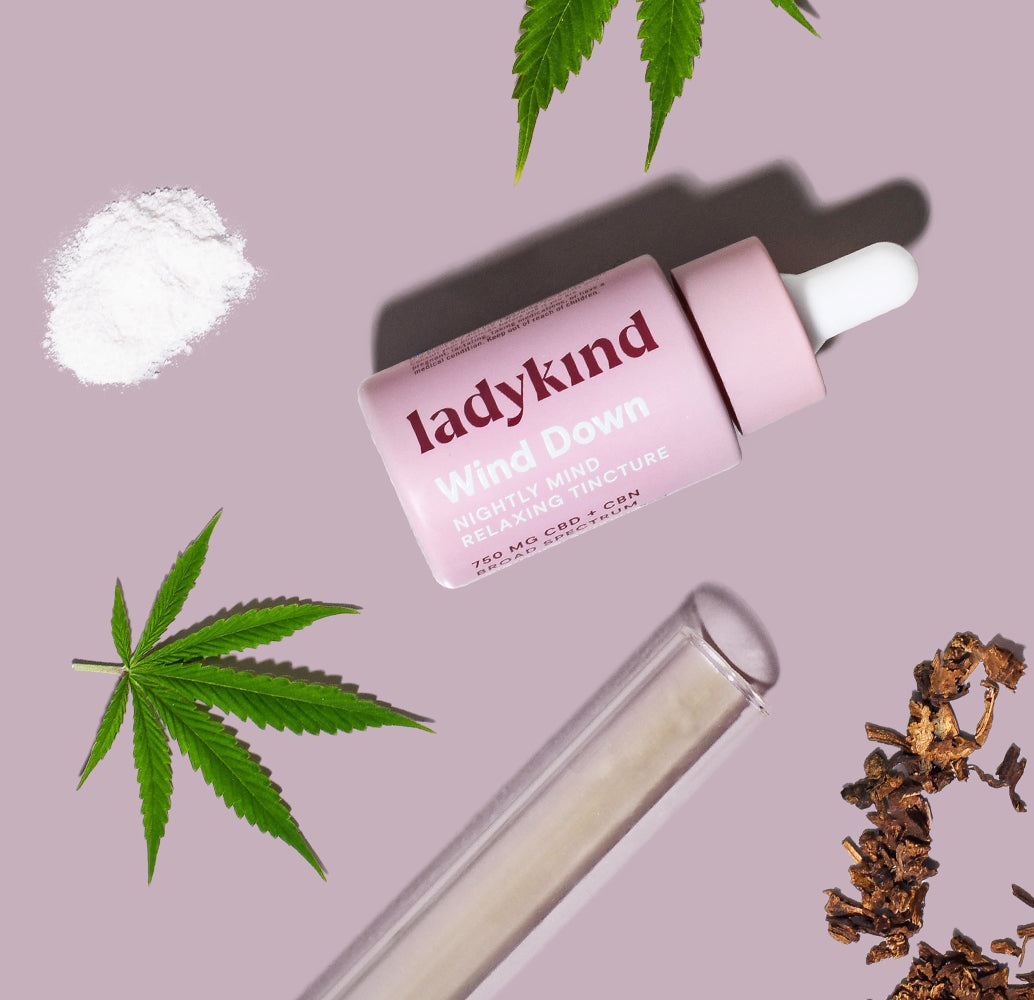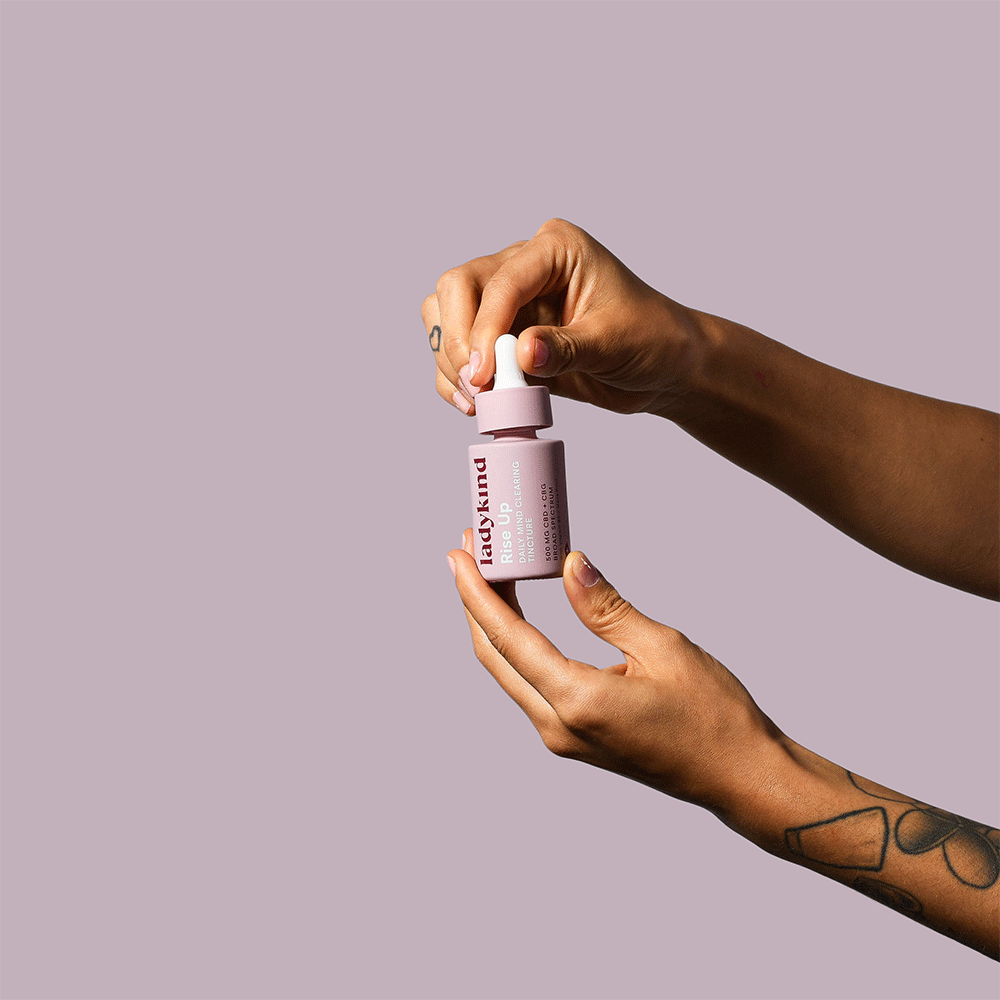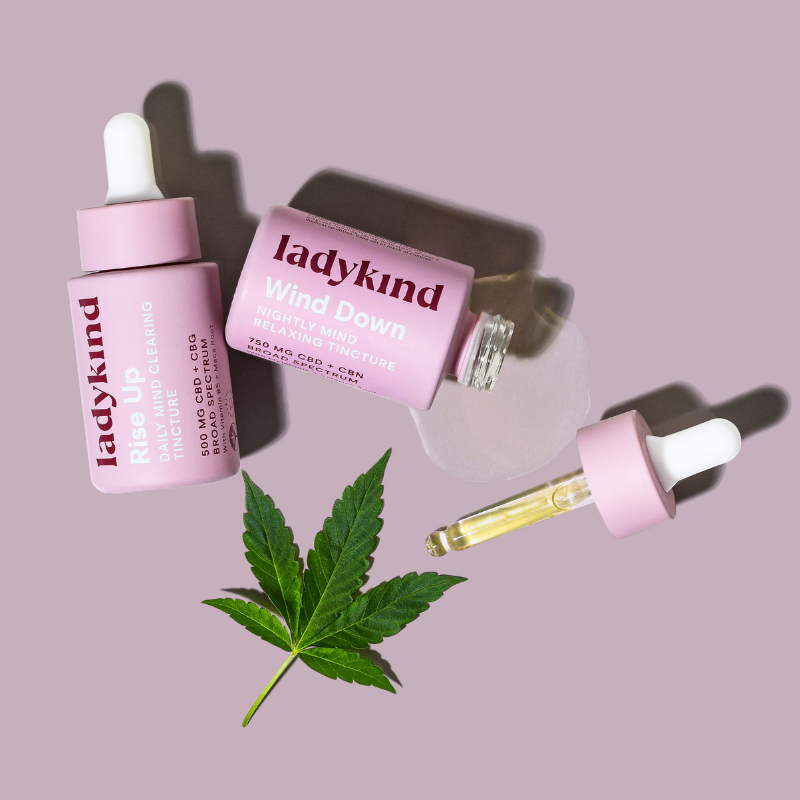For starters, although these compounds are derived from the same type of plant (cannabis), THC and CBD are entirely different extracts that cause entirely different effects on the mind and body. Here are some key reasons you don't want to get them mixed up.
The 7 Reasons Not To Confuse THC vs CBD:
Psychoactive effects
THC is the psychoactive compound in the cannabis plant that's responsible for getting you "high". Contrastingly, CBD is not a psychoactive compound. While it will provide many of the same therapeutic benefits as THC, CBD will not inebriate your perception or mental clarity.
If you're looking for that euphoric, intoxicated feeling, CBD will disappoint you. However, if you're looking for a natural alternative health aid that acts as a powerful supplement to your daily routine, CBD is the solution for you.
Legal implications
The legality of both THC and CBD varies depending on your location. In general, regulations for THC tend to be stricter due to its psychoactive nature and potential for abuse. Mislabeling or misunderstanding the content of THC and CBD in products can result in legal issues, including potential criminal charges.
Medicinal use
CBD has gained traction in the health and wellness fields in recent years for its therapeutic benefits. It has proven to be an effectual remedy for reducing anxiety, alleviating pain, managing chronic medical conditions such as epilepsy and insomnia, regulating the circadian rhythm, and balancing common women's health issues during menstruation and menopause.
Confusing THC vs CBD can cause you to miss out on life-changing medical treatments or mistakenly use substances simply not suitable for your needs.
Safety concerns
THC can cause side effects, in addition to providing physiological relief. These side effects might include impaired coordination, increased heart rate, and anxiety or paranoia. On the other hand, CBD has a better safety profile with fewer side effects. Confusing the two may lead to unintended adverse reactions.
Drug testing
It's common for employers to conduct drug tests to ensure a safe working environment. THC is often screened for in drug tests due to its psychoactive properties. If you erroneously consume THC thinking it's CBD, you may fail a drug test and face professional consequences. Always check the labels of any products you use to make sure there isn't any THC in them if you know you're going to be drug tested soon.
Consumer trust
Labeling products accurately and displaying a commitment to customer transparency are musts for CBD and THC brands.
A brand that isn't forthcoming about the contents of their products is one you want to stay far away from. If you have any skepticism about product quality or safety, it's best to steer clear.
Dosage control
Proper dosing is so important when using any type of cannabinoids for medicinal or recreational purposes. Confusing THC and CBD can result in you taking unintended dosages, which may lead to undesired effects and challenges relieving the corresponding symptoms.
Conclusion
To avoid these potential harms, we do our best to educate you about the differences between THC vs CBD here on our blog. Additionally, we encourage you to read product labels carefully, only purchase products from reputable sources, and consult with a healthcare professional if you're using cannabinoids for medical reasons. Furthermore, it's also a good practice to stay informed about the legal regulations in your jurisdiction to avoid running into any accidental legal issues associated with THC and CBD.
After you do your research, we're offering 15% off both our Rise Up Daily Mind Clearing tincture and Wind Down Nightly Mind Relaxing tincture! Use the respective codes RISEUP15 and WINDDOWN15 to redeem the discount at checkout. Happy shopping!

